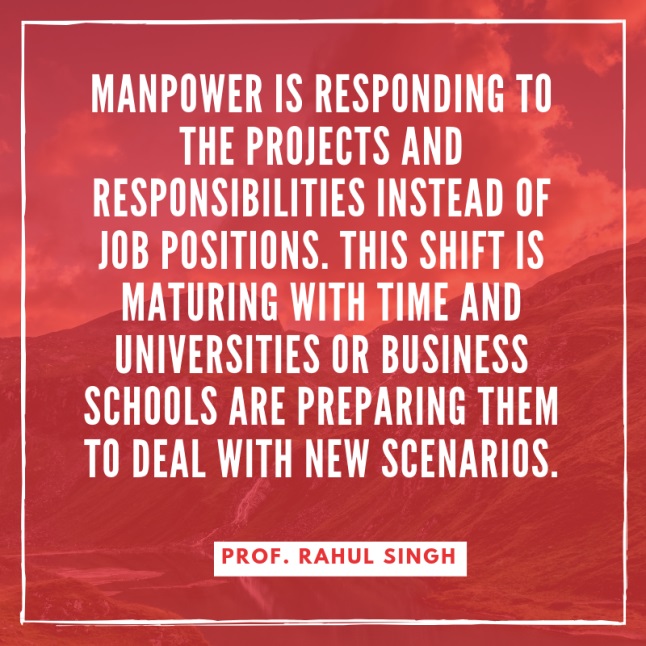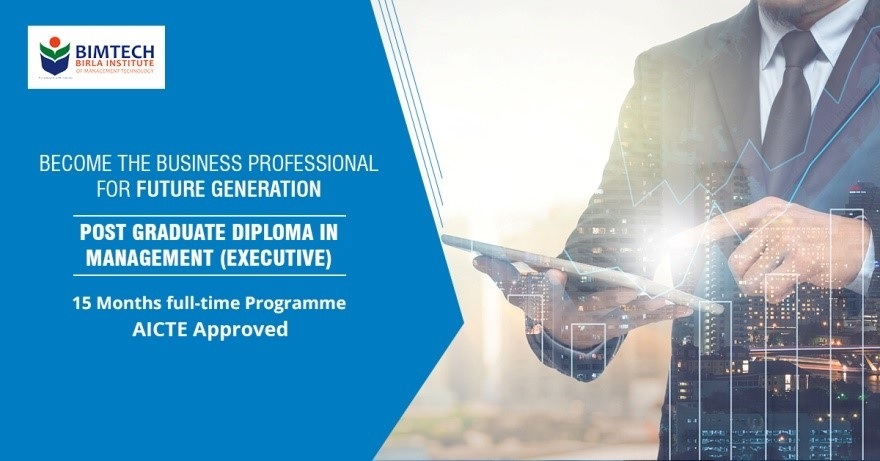
Why MBA With Work Experience is an Added Advantage?
When IIMs in India began and till very recent, they were looking for great talents on academic records for management program. The whole idea of the toughest examination globally i.e. CAT (as ranked by The Economist) came out of this premise. Their partners like Harvard, Stanford etc. could not push for a more comprehensive profile of entrants. The best global business schools always ensured that they recruit students with work experience to make a great classroom experience for professor and students, as they can relate the discussion with practices and experiences. It is not exactly what Medical degree / teaching does but very much on the lines in terms of its approach, linking real practices and experience with education.

Executive program is not new in India. XLRI, Jamshedpur started with only executive education followed by MDI, Gurgaon. In new format, Indian School of Business changed the way Indian business schools were thinking about regular programmes with experience. The evolution has been such that even IIMs started considering to make a profiled MBA cohort with some work experience, although it is still not a condition.
Why having a work experience before MBA is advantageous?
New Economic Growth Wave
We have not observed the right judgement in the shift of the economic development. Economists have not read it yet but a great shift in economic development is happening. While business consulting is reading the introduction of the New Age Economy i.e. Industry 4.0; super-performance is being witnessed in both manufacturing industry and service industry. This is happening for the first time that both manufacturing and services are equally in growth phase. But, this phase is growing with application of higher technical knowledge. The manpower coming to industry is expected to be both technically expert and managerially fit.
The design of the economy is changing; it is becoming ecosystem oriented from just being service or product oriented. Manpower is responding to the projects and responsibilities instead of job positions. This shift is maturing with time and universities or business schools are preparing them to deal with new scenarios.
The Shift in Industry Skill Set
The Information Technology revolution in early 1990s demanded not only enormous number of engineers to create and manage the systems but also managers to manage the business. Whenever economic growth outpace the expectations, the demand for professionals increases heavily. Most of the time the demand compromises quality but it recruits, with additional training, to meet the demand. However, industry also has not worked with colleges and universities for an organised way of developing talent pool, except NASSCOM. That made the industry to fetch talent from market, making it tough for companies.
When the fall or depression arise, the talent is thrown back in the market and specially those who are vulnerable and did not develop their skills with time, case of present Indian IT industry. Thus, there are two ways to mature self with the market; first, outperform the team and create an extremely strong position in the company, second, regularly update your knowledge with degree or certificate programmes (Also read: https://www.mbarendezvous.com/interview-with-dr-rahul-singh/ ).
How Does Experience Help in Management Degree?
 Management is about efficiency, effectiveness and risk supervision. These concepts are developed in undergraduate courses, if pursued with serious academic interest, but the applications and behavioural aspects are not learnt. It is not possible without being in an organisation. Management degrees in west have differentiated it very well and made it as academic norm of the higher education. The management degree as MBA is offered only with minimum of 2-3 years’ work experience, however an MS (Master of Science) is offered without experience also as MS is an industry vertical program.
Management is about efficiency, effectiveness and risk supervision. These concepts are developed in undergraduate courses, if pursued with serious academic interest, but the applications and behavioural aspects are not learnt. It is not possible without being in an organisation. Management degrees in west have differentiated it very well and made it as academic norm of the higher education. The management degree as MBA is offered only with minimum of 2-3 years’ work experience, however an MS (Master of Science) is offered without experience also as MS is an industry vertical program.
The straight advancement to MBA from a graduate degree does not expose students to the practices which are shared by professors and experts. While this is covered through various case studies, it is not enough since one cannot link to personal experience of challenges at work. If one comes after a works experience, more than just number of years, one is exposed to the issues of team work, conflicts, managing the stakeholders and understanding of the market. One starts appreciating the context and the problems in the management programme. So, there is a need to value work experience in the management degree.
If you find this piece of information valuable, we’d like to hear more from you in the comment section below.

Prof. Rahul Singh
Chairperson, PGDM Executive, BIMTECH
